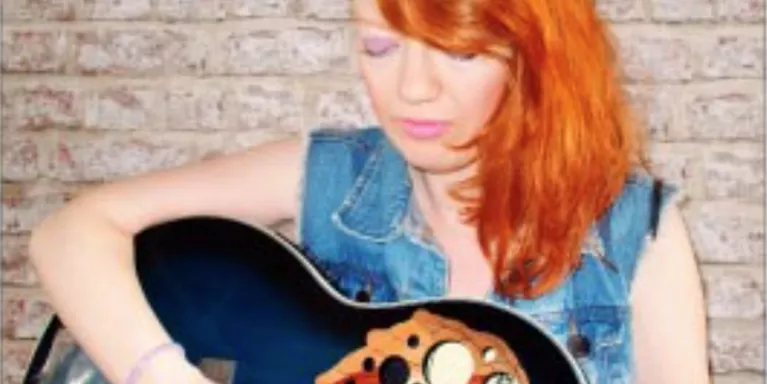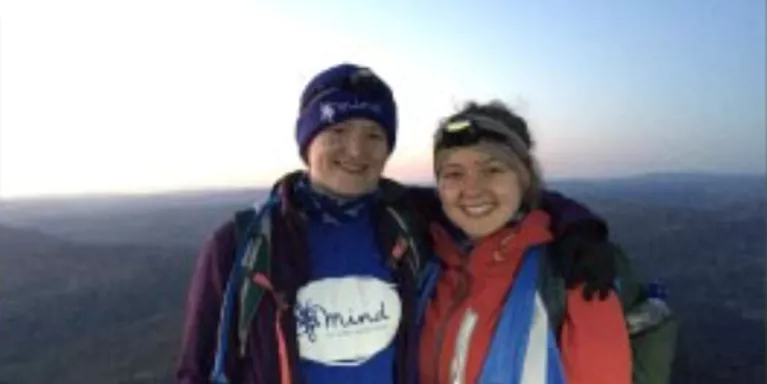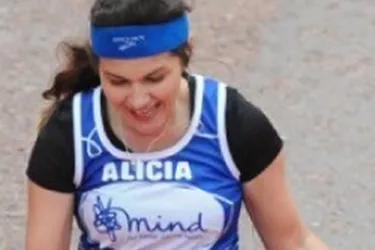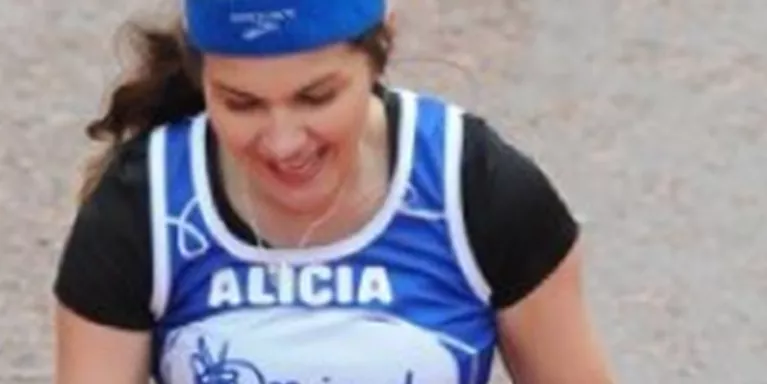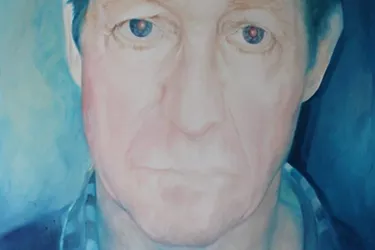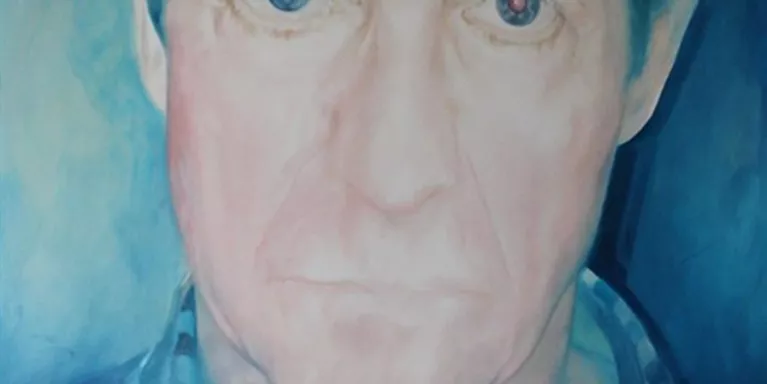The gift of kindness
On the International Day of Persons with Disabilities, Sophia blogs about the importance of reaching out to people suffering with mental and physical health problems.
My depression feels like a world without colour, beauty, or clarity. I call it mine because it is a huge part of me and gives me the sense that I am in control (even if I so rarely feel that way). It has never been easy to explain to my family and friends. It is not black and white. I have lived with mental health conditions for as long as I can remember, but like many young people who wait years to be taken seriously, I did not receive a diagnosis until I was 18. Until my first breakdown and suicide attempt. Until I was finally seen as a serious case. I now have a string of misdiagnoses in a desperate attempt to find out what was ‘wrong’ with me. I have been told I have schizophrenia, bipolar, borderline personality disorder. My current diagnoses are depression, anxiety disorder, body dysmorphia and post traumatic stress disorder (PTSD), but at this point they are just meaningless labels to me. Mental health conditions are so nuanced and complex that no one person’s experience is the same as another’s.
When I put on my blue badge I felt all the people in the carriage were deciding whether I looked disabled enough
I also suffer with undiagnosed chronic illness, so I am always in some form of pain. What started as pain in my stomach and chest that felt like a continuous heart attack, started to impact my whole body. I felt weak, miserable and completely fatigued. There were days that my chronic illness stopped me from being able to move. I developed a limp and felt the cold hard stare of passers-by every time I tried to go for a walk. When I first put on my blue badge I felt all the people in the carriage were deciding whether I looked disabled enough and worthy of their seat. It was humiliating. I ended up in A&E several times before lockdown because of the severe pain. Every time they sent me home, telling me the pain wasn’t real, that it was all in my head. I struggled to walk up the stairs, get out of bed and even taking a shower was exhausting.
If the pain I feel was visible you would see bruises all over my body, marks where the stabbing pain hits me hardest and discoloured, red and swollen skin where my flare-ups have impacted me the most. We call mental health and chronic illness invisible conditions, but there really is nothing invisible about them. From the medications I take, to attending appointment after appointment, all the way to having to curl up with a hot water bottle when my pain is at its worst there really is nothing invisible about my condition. And yet, it has been 10 years and I still do not have a diagnosis for the daily pain, nausea, body aches, fatigue, and the multiple other symptoms that consume my life every day.
I have learnt to plaster a smile on my face and forced myself to participate in things I know will leave me exhausted
I have learnt to plaster a smile on my face and forced myself to participate in things I know will leave me exhausted in days to come, just so I am not alone. I have lost so many friends along the way who in one way or another decided I was 'too much' or they 'didn't have time to deal with me'. This is such a common experience for people who have mental health conditions, and it needs to stop.
As I have gotten older, I have learnt what true friendship means. My best friend has been one of my biggest support mechanisms and has been there for me since we met almost seven years ago. We message each other every day, and although she lives in a different country even just a short message to check in means the world to me. My partner has also been incredibly supportive and loving especially during my worst days when all I can do is lie in bed.
More recently I joined Instagram and discovered the disability community on social media made up of kind, compassionate and wonderful people. The friends I have made on there are for life. My main coping mechanisms are writing blogs either on Instagram or my blog site and taking the time to note down why I am feeling so low. I find writing and supporting others really therapeutic and with my blog and social media I get to do both. I also find going for a walk and taking some me time e.g. having a bath, particularly during lockdown, can be beneficial to regroup and calm down.
A text message saying “I'm thinking of you” can be the difference between a good and bad day
Take the time to learn about your friend’s or family member's condition and educate yourself on different support models. My chronically ill friends and I will often send each other care packages, for example if we are having a particularly overwhelming or difficult time. But most importantly talk to them because everyone's experience is different, and really listen to them! Kindness really is a huge gift for us. Sometimes just a text message saying 'I'm thinking of you' can be the difference between a good and bad day.


Information and support
When you’re living with a mental health problem, or supporting someone who is, having access to the right information - about a condition, treatment options, or practical issues - is vital. Visit our information pages to find out more.
Share your story with others
Blogs and stories can show that people with mental health problems are cared about, understood and listened to. We can use it to challenge the status quo and change attitudes.











